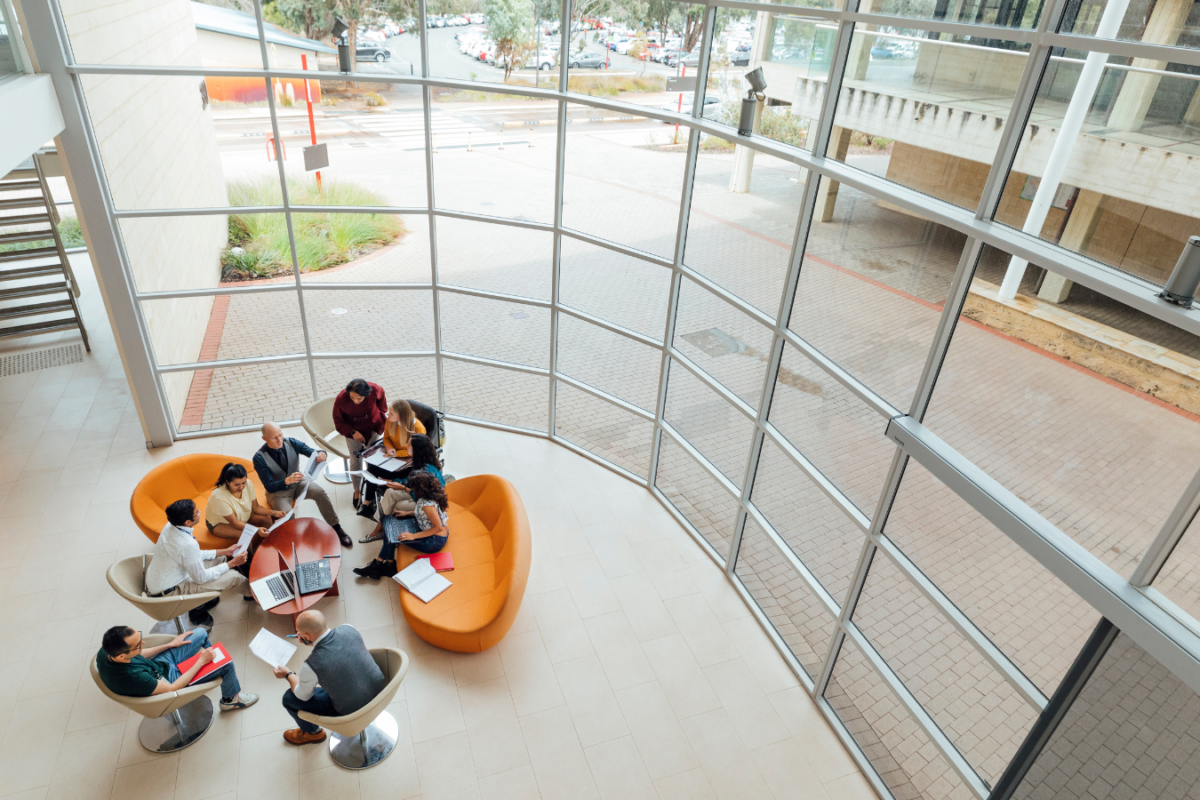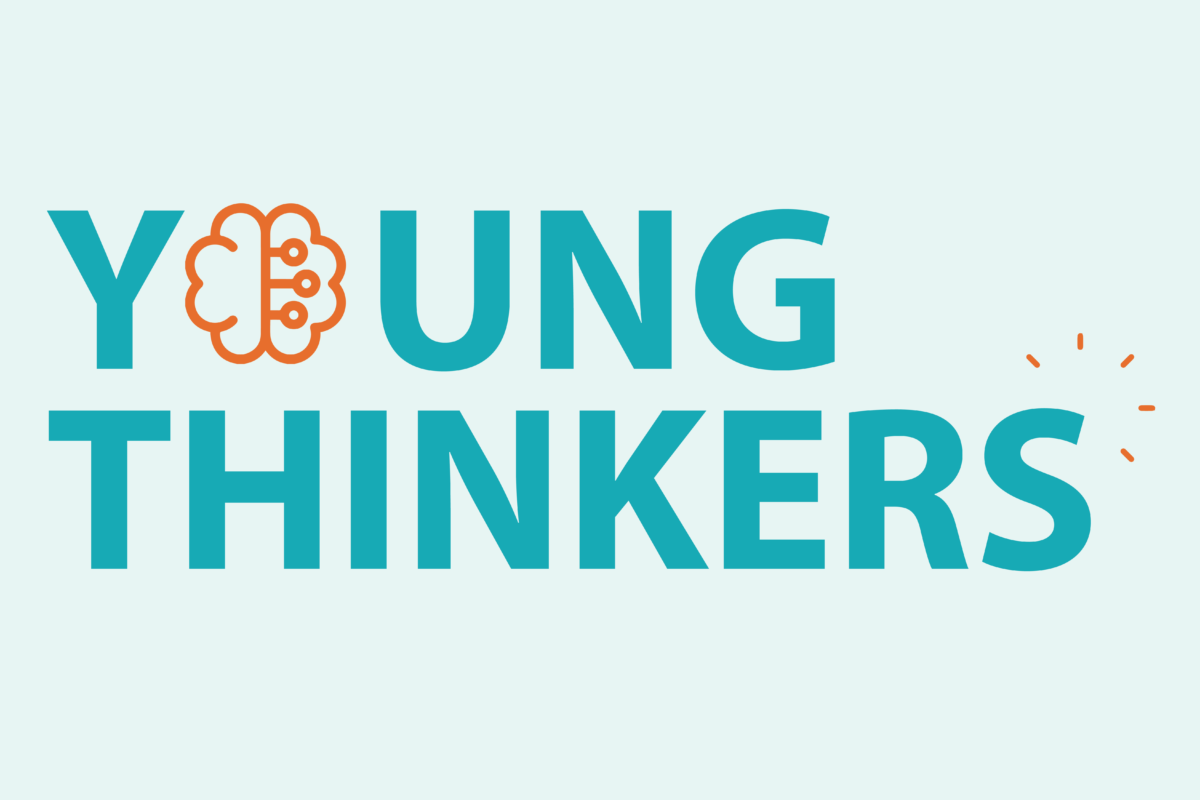- Establish expert and/or truth commissions on antigypsyism.
- Develop policy recommendations for EU and national policymakers on transitional justice approaches to address antigypsyism.
- Raise awareness of institutional antigypsyism and policy and legislative developments in the fight against antigypsyism.
- Promote Roma identity, history, and culture to prevent and fight antigypsyism, including incorporating Roma history and culture into school curricula.
- Empower Roma communities and NGOs to recognize and fight antigypsyism.
- Capacitate local Roma civil society and key stakeholders in countering antigypsyism.
- Home
- Research
- CEPS Topics
- CEPS Topics
- CEPS Topics
- CEPS Units
- Publications
- Events
- Activities
- Membership
- Expert commentaries
JEKHIPE
Reclaiming our past, rebuilding our future: new approaches to fighting antigypsyism

European Commission
Contract Number:
101144481Related Projects
Click on the links below to view related projects, or click on the button to view all projects.
In recent years, the Returns and Readmissions policy has become the preferred solution for the EU and its member states…
The projectspeaks to a cross-section of the Commission’s political priorities for 2019-2024, notably its ‘new push for European Democracy’. To…
The project investigates the living and working conditions of irregularised migrant households in Europe from an intersectional perspective. It aims…
The Conference on the Future of Europe is a milestone in the history of the development of participatory democracy in…
The EU-funded EUSOCIALCIT project reviews policies to boost European social citizenship. It develops a resource-based, multi-level concept of social rights…
(1) CEPS will contribute Ethical, Legal, Socio-Economic (ELSE) research and guidelines for the FLEXIGROBOTS platform (WP2, lead for task 4…
The ASILE project studies the interactions between emerging international protection systems and the United Nations Global Compact for Refugees (UN…
The impact of the COVID-19 pandemic has been deep and wide. In spite of unprecedented efforts to understand the COVID-19…
Prediction and management of migration are a major challenge for the European Union and also for many different stakeholder groups…
GI-NI aims to contribute to an inclusive Europe of shared prosperity, by providing a better understanding of the changes and…
The overarching objectives of this study are to both quantitatively estimate the impact of the digital transformation on employment, earnings,…
The Hidden Treasures Program, a joint initiative by Donald Kalff and Andrea Renda launched in the fall of 2019, aims…
VIRAGE aims to study how industrial relations and social dialogue can shape progress towards the achievement of gender equality in…
The overarching purpose of this study is to investigate developments in upward convergence, between EU Member States and regions, for…
This six-year project, which started in April 2015 for three years and was followed by a second edition of another…
The project “Negotiating return to work in the age of demographic change through industrial relations (REWIR)”, brings together research on…
CEPS was charged with ‘Task 3: Assessing the level of awareness about restrictive measures among stakeholders and propose improvements’. As…
EU-CITZEN establishes a new Academic Network on European Citizenship Rights aimed at providing the European Commission with the best independent…
The Directorate general for Financial Stability, Financial Services and Capital Markets Union (DG FISMA) has commissioned Centre for European Policy…
This project will achieve regular collaboration between Europe’s well-developed networks of migration researchers and stakeholders for the purpose of evidence-based…
The Mercator Dialogue on Migration and Asylum (MEDAM) is three-year research and consultation project that aims to identify and close…
This Report, a joint effort between Donald Kalff and a group of CEPS researchers led by Andrea Renda, aims at…
The JUD-IT project aims at providing an in-depth comparative assessment of promising practices and practical and legal challenges in securing,…
The Impact of Euroscepticism in the construction of Europe is a project under the EU program Europe for Citizensinvolving five cities, namely Gijón (Spain), Nüremberg…
The project unpacked EU crisis response mechanisms, with the aim to increase their conflict sensitivity and efficiency. By combining bottom–up…
The purpose of this grant (ENGAGE project II) is to continue facilitating the participation of representatives from NGOs, Civil Society…
Virtual Centre of Excellence for Research Support and Coordination on Societal Security

The aim of the SOURCE Network of Excellence is to create a robust and sustainable virtual centre of excellence capable…
This study, commissioned by the European Parliament’s Policy Department for Citizens’ Rights and Constitutional Affairs at the request of the…
This study, commissioned by the European Parliament’s Policy Department for Citizens’ Rights and Constitutional Affairs and requested by the European…
This study, commissioned by the European Parliament’s Policy Department for Citizens’ Rights and Constitutional Affairs at the request of the…
Transnational Migration, Citizenship and the Circulation of Rights and Responsibilities

Transnational Migration, Citizenship and the Circulation of Rights and Responsibilities (TRANSMIC) is a project funded under the FP7-PEOPLE-2013-ITN call and…
The IPEPS project aims at complementing degree-level programmes led by Universities by enriching the background knowledge that students acquire in…
The EU seeks to build a comprehensive immigration policy in which legally residing non-EU nationals, referred to as third-country nationals…
The purpose of this grant was to facilitate the participation of representatives from NGOs, Civil Society Organizations (CSOs) and think…
OSEPI contributes to bridging the current gap between policy-makers and CSOs by commissioning research exploring the feasibility of ‘outsourcing’ asylum…
This Study, commissioned by the European Parliament’s Policy Department forCitizens’ Rights and Constitutional Affairs at the request of the Committee…
The Study aims to provide the necessary clarity by carrying out an in-depth assessment of the EUTFs and the FRT,…
Border control, surveillance operations and expulsion of irregular immigrants –particularly through return flights –can pose serious challenges to human rights.…
This Study was carried out by the Centre for European Policy Studies (CEPS) Justice and Home Affairs (JHA) Programme and…
The project examined the ways in which European Union policies aimed at countering the phenomenon of migrant smuggling affect civil…
In compliance with Article 13 of Regulation (EU) No 250/2014 establishing the Hercule III Programme, the Evaluation Roadmap prepared by…
This study, commissioned by the European Parliament’s Policy Department for Citizens’ Rights and Constitutional Affairs at the request of the…
The 284 initiatives entered for the 2016 Civil Society Prize competition provide an inspiring set of experiences and successful practices…
This study, commissioned by the European Parliament’s Policy Department for Citizens' Rights and Constitutional Affairs at the request of the…
EURA-NET is an international research project funded by the European Union’s 7th Framework Programme for the period 2014-2017. The objective…
Since its inception in 2003/4, the European Neighbourhood Policy (ENP) has attracted the interest of many research analysts across a…
The notion of ‘anti-Gypsyism’ aims to refocus public policies addressing Roma discrimination in order to place responsibility for combating structural,…
Recent practice in the field of EU external action shows the convergence of strategic objectives, mandates and operation plans pursued…
A key platform for the EU’s economy over the coming decades will be the consolidation of an online eCommerce market…
The project will contribute to the development of an effective and humanitarian European response to the migration crisis in the…
This study, commissioned by the European Parliament’s Policy Department for Citizen’s Rights and Constitutional Affairs at the request of the…
This Research Paper examines the costs of non-Europe in the field of organised crime. It provides an interdisciplinary analysis of…
The European Union is founded on a set of common principles of democracy, the rule of law, and fundamental rights,…
This study was commissioned by the European Parliament's Policy Department for Citizens' Rights and Constitutional Affairs at the request of…
FIDUCIA is a research project that will shed light on a number of distinctively “new European” criminal behaviours that have…
ILEC was a two-year research project co-funded by the European Commission’s DG Justice, Citizenship and Fundamental Rights which aimed to…
Starting in May 2021, CEPS launched a new edition of its “Young Thinkers Initiative”. CEPS selected 30 brilliant young minds…
In March 2017, the United Kingdom invoked Article 50 of the Treaty on the European Union, effectively starting the process…














